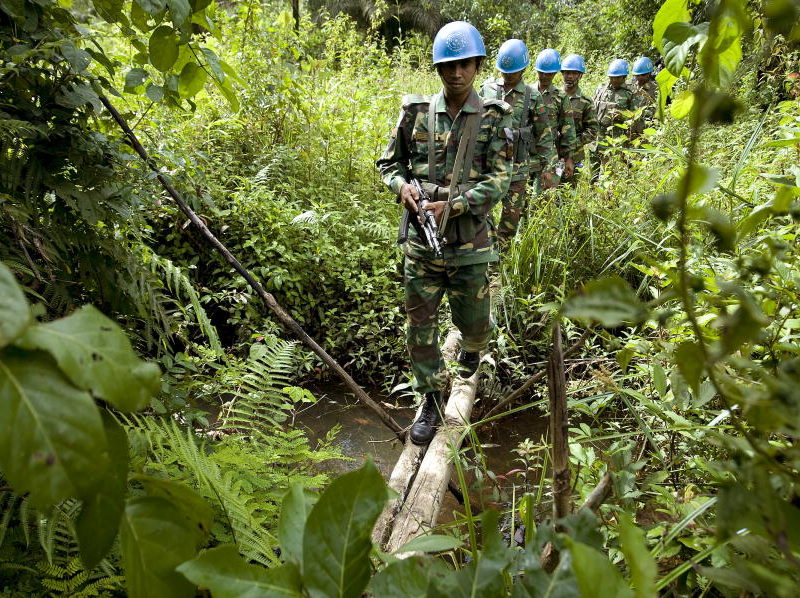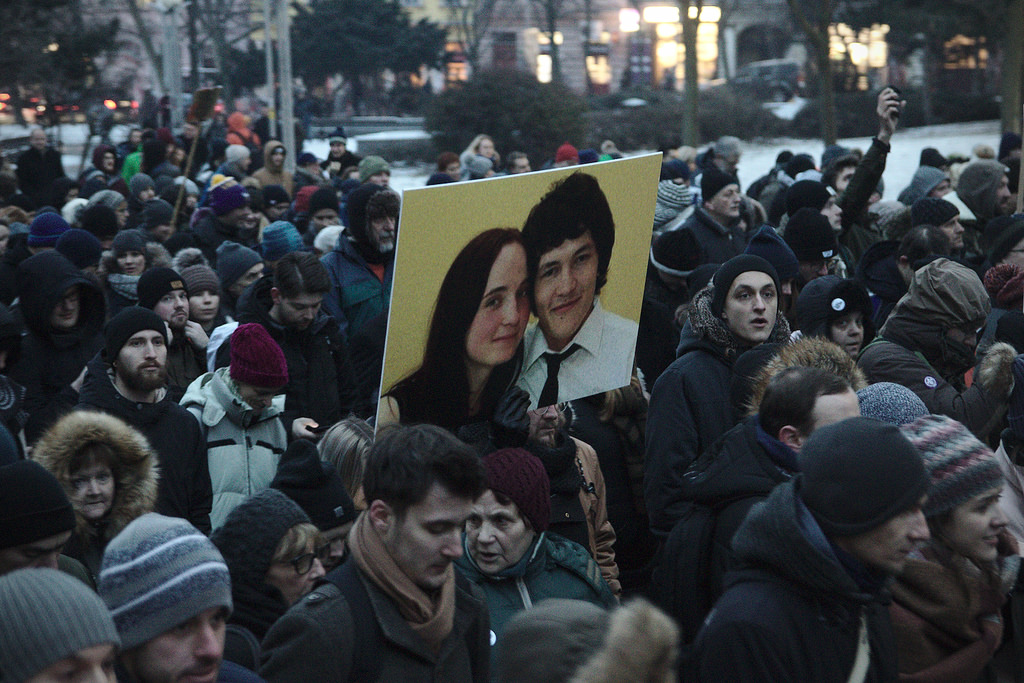IGCC Dissertation Fellow Series
Guest post by Patrick Hunnicutt
In September 2020, a Mai-Mai militia attempted to seize control of Lubumbashi, a large mining hub in the Democratic Republic of the Congo (DRC). Government forces successfully repelled the attack, but only after two Congolese police were executed and several Mai-Mai soldiers were killed.
Fighting between government and rebel forces over control of the DRC’s mining hubs has been nearly incessant in recent years, reigniting both academic and public interest in the problem of so-called conflict minerals. Conventional wisdom suggests that certain natural resources, like gold and cobalt, perpetuate conflict because they allow armed groups to illegally fund their operations.
Effective solutions that can decouple natural resource wealth from armed conflict remain scant. For instance, research shows that legislation meant to stem armed groups’ access to international markets has only exacerbated conflict and poverty.
Recent statements by the United Nation’s peacekeeping mission in the DRC—MONUSCO, for short—point to one possible, albeit unexpected, solution: increase peacekeeping personnel’s involvement in the management of natural resources. While historically deployed as physical deterrents meant to mitigate the intensity and spread of conflict, UN peacekeepers now operate under a broader mandate that allows them to provide public goods and services on behalf of the government, restore the rule of law, and, notably, help manage a country’s natural resource wealth.
How might MONUSCO’s foray into natural resource management stem armed groups’ access to natural resources? Another UN’s peacekeeping mission, this one in Liberia (UNMIL), provides some clues.
Following the second Liberian civil war, UNMIL leadership worked closely with the Liberian government to prepare the country’s extractive sector for foreign direct investment (FDI). The UN mission wagered that, if foreign investors helped to develop Liberia’s extractive sector, then future conflict would be less likely, for two reasons. First, foreign ownership of resource-rich areas—backed by UN forces—would deny armed groups access to the rubber, diamonds, and gold that funded their operations, accelerating the demobilization, disarmament, and reintegration of ex-combatants. Second, additional FDI would generate much-needed revenue for the Liberian government. With this revenue, the government could begin rebuilding Liberia’s infrastructure and reforming the country’s security forces, fostering long-term peace.
My research suggests that UNMIL’s efforts to attract FDI to Liberia’s extractive sector worked. In particular, UN peacekeeping police encouraged foreign investors like Firestone and Hummingbird Resources to establish natural resource concessions, assuring them that their assets would be shielded from expropriation and extortion, especially in areas where the Liberian judicial system—its courts and police—were absent. UNMIL’s police mediated disputes between communities and concessionaires, such that they were resolved in the Liberian court system where concessionaires’ claims to land carry more weight. UNMIL police also oversaw the implementation of international transparency initiatives meant to facilitate the export of minerals from Liberia, reducing foreign investors’ transaction costs.
Could MONUSCO replicate these operations in the DRC? It’s certainly possible. The mission has thousands of personnel deployed to the country’s eastern regions, where some foreign investors are already engaged in the extractive sector.
Whether MONUSCO should intervene in natural resource management is a different matter. On the one hand, deploying additional police to attract FDI could help MONUSCO meet its goal of withdrawing from the DRC’s eastern provinces by 2022. Additional FDI would boost government revenues, increasing the ability of Congolese security forces to act independently of the UN. Denying armed groups’ access to resource-rich areas might also accelerate demobilization, disarmament, and reintegration, as it did in Liberia. Research also suggests that extractive sector FDI can boost local economic growth, further reducing the incentives for continued violence.
On the other hand, things could go very wrong. Though peacekeepers may be effective at attracting foreign investment, research shows they do little to mitigate exploitative business practices that spark local conflict, like when investors renege on their contractual obligations to improve local infrastructure and provide safe working conditions. To that point, MONUSCO personnel have been directly implicated in the smuggling of minerals and human rights abuses.
MONUSCO would also risk straining tensions about land ownership that underpin centuries of social conflict in sub-Saharan Africa, if it used peacekeepers to secure natural resource deposits for FDI. In Liberia, efforts to increase FDI in the extractive sector are reminiscent of colonial-era land use policies, which account for both past and present instability in the country.
It remains to be seen what MONUSCO will do. So far, its personnel have mapped and monitored mines to help restore civilian control over them. The mission has also reiterated its support for international sanctions and other policies meant to curb armed groups’ exploitation of natural resources. Both strategies are similar to those the UN pursued to attract FDI to Liberia’s extractive sector.
If MONUSCO is truly committed to using natural resource management as a tool for peace, it should prioritize policies that safeguard the livelihoods of local resource users and closely regulate both their own personnel and foreign investors.
Patrick Hunnicutt is a PhD candidate at the Bren School of Environmental Science and Management at the University of California, Santa Barbara, a 2020-2021 Dissertation Fellow at the UC Institute on Global Conflict and Cooperation, and a 2020-2021 Peace Scholar Fellow at the United States Institute of Peace.







